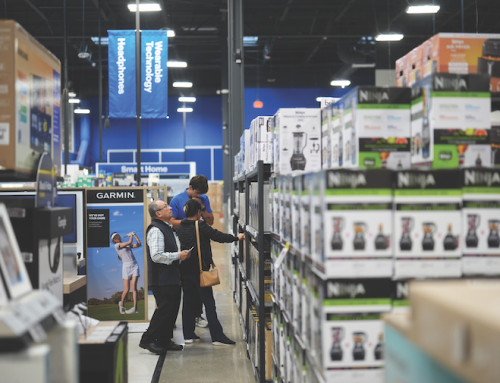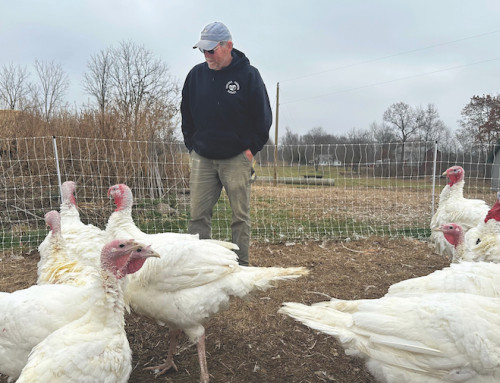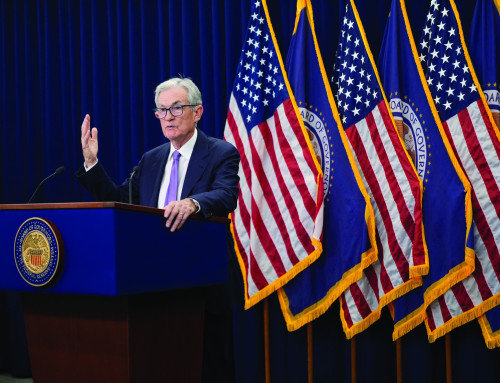HONG KONG (AP) — China’s Alibaba Group posted a 34 percent jump in revenue from its cloud business in its most recent quarter, buoyed by the boom in artificial intelligence.
Yet overall revenue at the Chinese tech group for the July-September quarter increased by just 5 percent year-on-year to $35 billion, and profit fell 52 percent from last year, as a fierce price war in China’s e-commerce landscape — including in the food delivery segment — eroded into short-term profitability. JD.com, its e-commerce rival, reported a 55 percent net profit drop in the same quarter.
Alibaba started out in e-commerce and later turned its focus to cloud and AI technologies. Earlier this year, it pledged to invest at least $53 billion in three years in advancing its cloud computing and AI infrastructure.
CEO Eddie Wu said in prepared remarks that the group’s “significant” investments in AI had helped its revenue growth. The 34 percent cloud revenue growth was faster than the 26 percent increase in the April-June quarter.
The company added that demand for AI was “accelerating” and its “conviction in future AI demand growth is strong.” It probably also will end up investing more than the planned $53 billion in AI to meet surging demand, Alibaba said.
Alibaba also announced that its upgraded AI chatbot Qwen — which aims to rival OpenAI’s ChatGPT — recorded 10 million downloads in the first week after its public launch.
Shares of Alibaba have gained more than 90 percent so far this year, fueled by optimism over its progress in AI.
Chinese companies have been gaining ground in AI since tech startup DeepSeek upended the industry, raising doubts over the dominance in the sector of its American rivals.
Recent earnings reports by other Chinese tech giants have been mixed.
Tencent, which rivals Alibaba in AI, this month reported a strong 15 percent year-on-year gain in its revenue for the July-September quarter. Baidu, which also competes with Alibaba in AI development, recorded a 7 percent drop in revenue in the same quarter compared to last year.
Concerns among investors and analysts over an AI bubble also have been growing, although strong earnings at Nvidia slightly eased worries.








